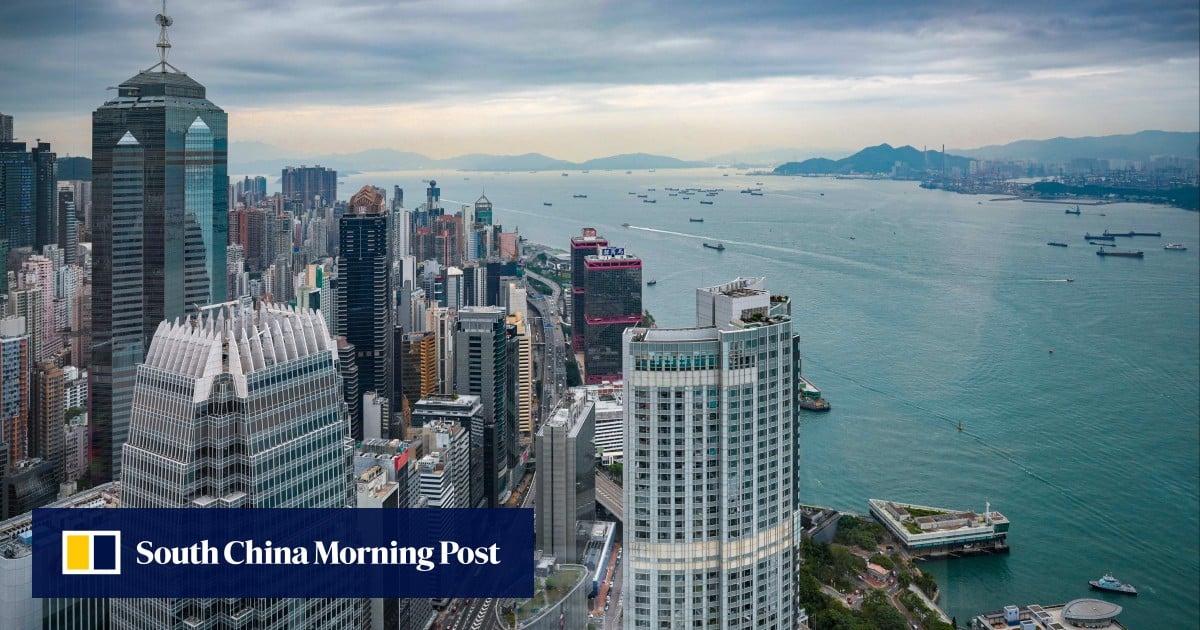Hong Kong’s economic growth slowed to 2.5 percent in 2024 as residents increasingly look to spend elsewhere, the city’s government said on Monday, warning that the year ahead will bring “heightened uncertainties”.
The Chinese financial hub saw a post-pandemic rebound in 2023 after the city reopened to international business and travel but lost some momentum as China’s economic slowdown deepened.
Gross domestic product increased by 2.5 percent in real terms in 2024, compared with 3.2 percent growth the year before, according to preliminary figures released by the city’s government.
“Private consumption expenditure recorded a slight decline, affected by the change in residents’ consumption patterns,” a government spokesperson said.
Increasing numbers of Hong Kong residents are choosing to spend in neighbouring Shenzhen since travel resumed, preferring its cheaper groceries, entertainment and even healthcare services.
Private consumption dropped by 0.6 percent year-on-year, while other major GDP components all recorded growth.
Financial secretary Paul Chan predicted at the start of last year growth of up to 3.5 percent, but revised down his estimate in November to 2.5 percent.
The government said it expected Hong Kong’s economy to grow in 2025 “despite heightened uncertainties in the external environment”.
US President Donald Trump announced on Saturday 10 percent tariffs against China, sparking fears of trade wars that could pummel the global economy.
“Trade protectionist policies implemented by the United States may disrupt global trade flows and adversely affect Hong Kong’s goods exports,” the Hong Kong government spokesperson warned.
“They may also lead to a slower pace of interest rate cuts in the US and keep the Hong Kong dollar strong for longer.”
However, Hong Kong’s economy would benefit from Beijing’s efforts to stimulate growth and bolster market confidence, he said.
The Chinese finance hub had been strained by the high interest rate environment because its currency is pegged to the greenback, with heightened borrowing costs holding back consumption and investment.
Hong Kong’s government is also facing pressure to cut its spending, with it on course to log a deficit of nearly HK$100 billion the third consecutive year of deficit.
Government consumption as a component of GDP increased by 0.9 percent in 2024.
Exports of goods and services rose by 4.7 and 4.8 percent respectively over that period, with the government citing “improved external demand” for goods and more visitor arrivals.
Imports of goods and services rose by 2.3 percent and 11.8 percent respectively.
hol/oho/pbt
This article was generated from an automated news agency feed without modifications to text.


